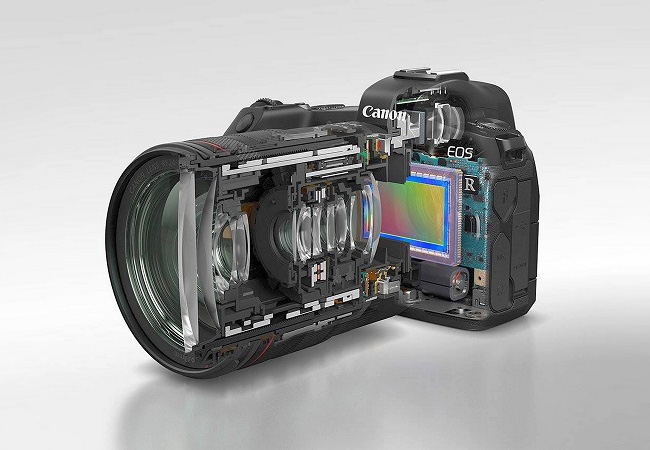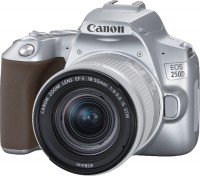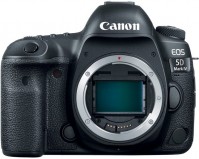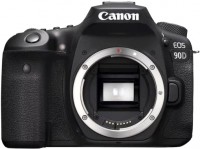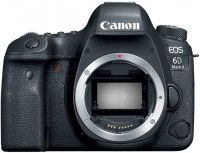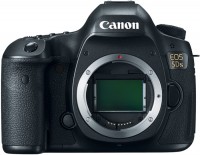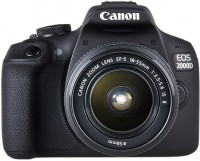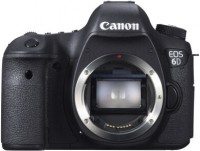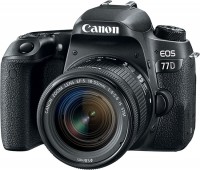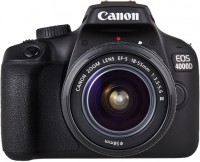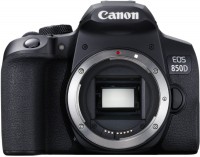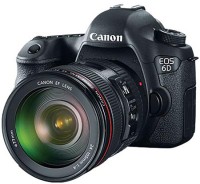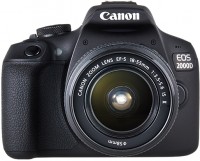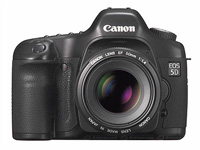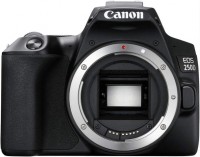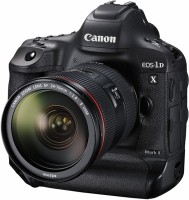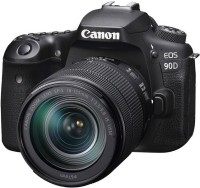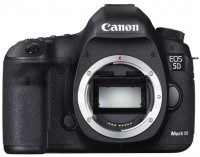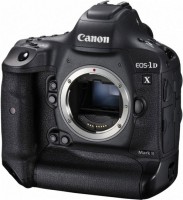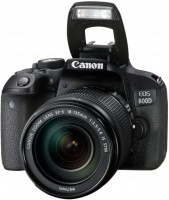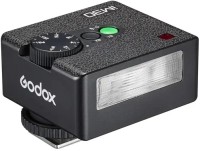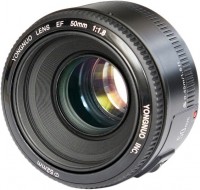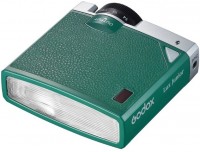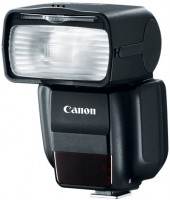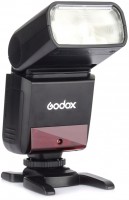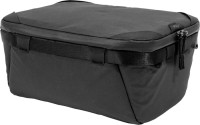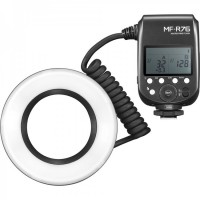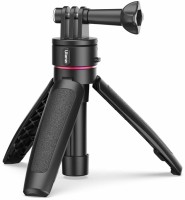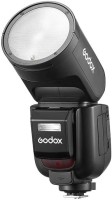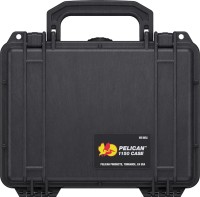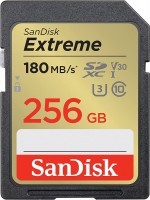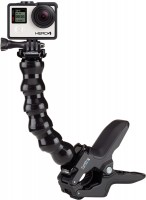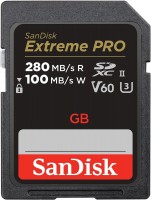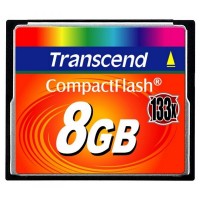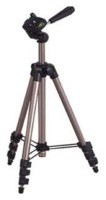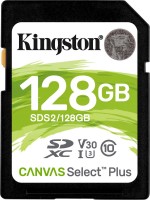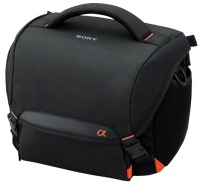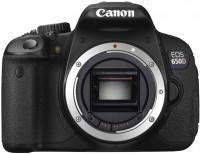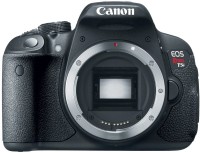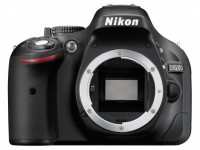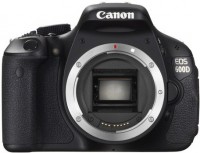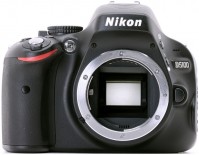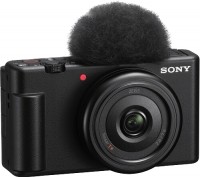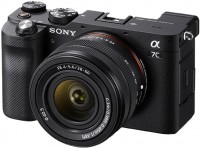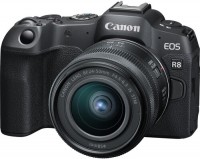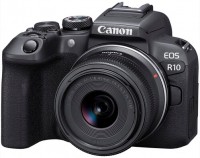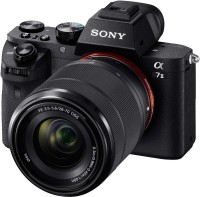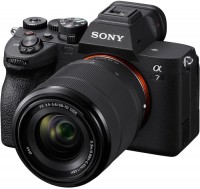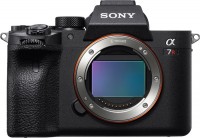Canon EOS 1D Mark III body
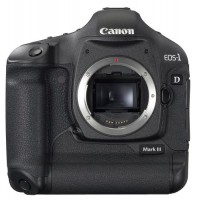 |
Canon EOS 1D Mark III body
Panel:APS-H, 10.7 MPix
Snapshot size:3888x2592 px
ISO range:100-3200
Burst shooting:10 fps
Screen:3 ''
All specifications
Specifications EOS 1D Mark III body
|
| ||||||||||||||||||||||||||||||||||||||||||||||||||||||||||||||||||||||||||||||||||||||||||||||||||||||||||||||||||||||||||||||||||||
The information in the model description is for reference purposes.
Always clarify the specifications and configuration of the product with the online store manager before purchasing.
Catalog Canon 2025 - new arrivals, bestsellers, and the most relevant models Canon.
Always clarify the specifications and configuration of the product with the online store manager before purchasing.
Catalog Canon 2025 - new arrivals, bestsellers, and the most relevant models Canon.
New LCD screen with Live View
The bright 3.0-inch LCD monitor has a resolution of 230,000 pixels for precise framing and playback. New to the EOS series, Live View allows you to frame your shot without having to use the viewfinder, especially useful for shooting from awkward positions.
The EOS-1D Mark III uses an improved large LCD screen for easy reading and menu navigation. With 57 Custom Functions, photographers have more options to customize their camera to suit their specific shooting needs. The new My Menu feature lets you save frequently used settings in a separate menu for easy access.
In addition, using the LCD screen, you can directly control the settings of new accessories also introduced today, such as the Speedlite 580EX II flash and the WFT-E2 Wireless File Transmitter.
Reliability of all components
The EOS-1D Mark III features many practical enhancements for photographers. Shutter life has been increased by 50% to 300,000 actuations. The body of the camera is made of magnesium alloy and coated to resist moisture and dust. The built-in EOS cleaning system further enhances the reliability of the device by eliminating dust on the sensor and, as a result, reducing the need for manual cleaning. The camera helps to avoid accidental damage to footage. If the memory card slot is open while recording images, a warning will appear on the LCD screen, accompanied by a beep. The camera supports video output interfaces (for viewing images in NTSC and PAL formats) and USB 2.0.
Compatibility and accessories
In addition to the new camera, Canon is introducing several new solutions for the professional EOS system:
The EOS-1D Mark III comes with a wide range of software tools designed to make the photographer's job easier. This includes Digital Photo Professional (DPP), a powerful RAW file conversion tool that gives you complete control over how your images are processed. This solution is also integrated with camera features such as Dust Delete Data and Picture Style. The package also includes EOS Utility, ImageBrowser / Zoom Browser and Photostitch.
CMOS image sensor
One of the key advantages of Canon cameras is CMOS image sensor technology. The noise reduction scheme used in these sensors in each pixel area allows you to obtain images with almost zero noise. Compared to CCD technology, CMOS sensors consume less power, which improves battery life.
In Canon CMOS sensors, the signal is converted by separate amplifiers located on each pixel area. In this way, unnecessary steps in the charge transfer process can be avoided and the signal transfer time to the image processor can be accelerated. This allows you to reduce noise, limit power consumption and increase shooting speed.
Built-in EOS cleaning system
This system fights dust in three ways: by preventing dust, repelling and eliminating it.
Picture Style function
This function with preset modes makes it much easier to control the quality of images in the camera. The preset Picture Styles can be compared to different types of film with different levels of sensitivity. Within each preset mode, you can adjust the sharpness, contrast, hue, and colour saturation. The camera's factory settings allow you to quickly start working with JPEG images without the need to set additional settings in the menu. The preset Picture Styles applied to RAW images can be modified using Canon's Digital Photo Professional software.
Six preset shooting modes include:
Digital Photo Professional Software
Digital Photo Professional software is designed for high-speed and high-quality processing of RAW images recorded without loss of image quality. It allows you to display images in real time, as well as instantly view the results of the changes made, giving you full control over the parameters of RAW images: white balance, dynamic range, exposure compensation and colour tint. You can record images in the camera in sRGB or Adobe RGB colour space. Digital Photo Professional software supports sRGB, Adobe RGB, ColorMatch RGB, Apple RGB, and Wide Gamut RGB colour spaces.
When converting RAW files to TIFF or JPEG format, ICC (International Colour Imaging Consortium) profiles may be used. This ensures accurate colour reproduction in programs that support ICC profiles, such as Adobe Photoshop. To improve performance, image settings can be saved and then applied to other images.
Benefits of the new version of Digital Photo Professional software include three times faster image preview speeds, improved noise reduction, and the ability to batch process TIFF and JPEG images simultaneously.
EOS Utility Software
The latest version of EOS Utility provides support for remote shooting and camera settings. It allows you to remotely work in Live View mode, as well as configure the new Original Data Security Kit OSK-E3 and the WFT-E2 Wireless File Transmitter. EOS Utility can be configured to monitor hot folders and automatically rename and move incoming images to a structured file system, perfect for Wi-Fi transfers. This software is suitable for commercial and studio photographers who need to transfer images to PC directly.
The bright 3.0-inch LCD monitor has a resolution of 230,000 pixels for precise framing and playback. New to the EOS series, Live View allows you to frame your shot without having to use the viewfinder, especially useful for shooting from awkward positions.
The EOS-1D Mark III uses an improved large LCD screen for easy reading and menu navigation. With 57 Custom Functions, photographers have more options to customize their camera to suit their specific shooting needs. The new My Menu feature lets you save frequently used settings in a separate menu for easy access.
In addition, using the LCD screen, you can directly control the settings of new accessories also introduced today, such as the Speedlite 580EX II flash and the WFT-E2 Wireless File Transmitter.
Reliability of all components
The EOS-1D Mark III features many practical enhancements for photographers. Shutter life has been increased by 50% to 300,000 actuations. The body of the camera is made of magnesium alloy and coated to resist moisture and dust. The built-in EOS cleaning system further enhances the reliability of the device by eliminating dust on the sensor and, as a result, reducing the need for manual cleaning. The camera helps to avoid accidental damage to footage. If the memory card slot is open while recording images, a warning will appear on the LCD screen, accompanied by a beep. The camera supports video output interfaces (for viewing images in NTSC and PAL formats) and USB 2.0.
Compatibility and accessories
In addition to the new camera, Canon is introducing several new solutions for the professional EOS system:
- The EF 16-35mm f/2.8L II USM is a high-speed ultra wide-angle zoom lens that delivers high image quality across the entire aperture range
- The Speedlite 580EX II is a new successor to the Speedlite 580EX and can be used in all weather conditions when attached to the EOS-1D Mark III
- The WFT-E2 Wireless File Transmitter is smaller, lighter and more flexible than its predecessor, offering faster performance by wirelessly transmitting images while shooting
- The Original Data Security Kit OSK-E3 is a camera-captured image authentication tool that supports image encryption for added security.
The EOS-1D Mark III comes with a wide range of software tools designed to make the photographer's job easier. This includes Digital Photo Professional (DPP), a powerful RAW file conversion tool that gives you complete control over how your images are processed. This solution is also integrated with camera features such as Dust Delete Data and Picture Style. The package also includes EOS Utility, ImageBrowser / Zoom Browser and Photostitch.
CMOS image sensor
One of the key advantages of Canon cameras is CMOS image sensor technology. The noise reduction scheme used in these sensors in each pixel area allows you to obtain images with almost zero noise. Compared to CCD technology, CMOS sensors consume less power, which improves battery life.
In Canon CMOS sensors, the signal is converted by separate amplifiers located on each pixel area. In this way, unnecessary steps in the charge transfer process can be avoided and the signal transfer time to the image processor can be accelerated. This allows you to reduce noise, limit power consumption and increase shooting speed.
Built-in EOS cleaning system
This system fights dust in three ways: by preventing dust, repelling and eliminating it.
- Dust Prevention: The internals of the camera are designed to reduce dust. Improved camera body designed to prevent dust while wearing
- Dust repellent: The low-pass filter in front of the image sensor is made with anti-static material to repel dust
- Dust Removal: The self-cleaning image sensor uses high-frequency vibration to "shake" dust off the infrared filter for approximately one second after each activation. To start shooting immediately after turning on the power, this function is immediately disabled when the shutter is released.
Picture Style function
This function with preset modes makes it much easier to control the quality of images in the camera. The preset Picture Styles can be compared to different types of film with different levels of sensitivity. Within each preset mode, you can adjust the sharpness, contrast, hue, and colour saturation. The camera's factory settings allow you to quickly start working with JPEG images without the need to set additional settings in the menu. The preset Picture Styles applied to RAW images can be modified using Canon's Digital Photo Professional software.
Six preset shooting modes include:
- Standard - improves photo sharpness and colour saturation; images do not require additional processing
- Portrait - Optimize colour tones and saturation, reduce sharpness to improve skin tones
- Terrain - Clarity of green and blue areas and sharpening to better capture the outlines of mountains, trees and buildings
- Neutral - perfect for post-processing
- Accurate Colours - Best match to subject colour when shooting at 5200K colour temperature
- Monochrome mode - for shooting in monochrome using various filters (yellow, orange, red and green) and toning (sepia, blue, magenta and green)
Digital Photo Professional Software
Digital Photo Professional software is designed for high-speed and high-quality processing of RAW images recorded without loss of image quality. It allows you to display images in real time, as well as instantly view the results of the changes made, giving you full control over the parameters of RAW images: white balance, dynamic range, exposure compensation and colour tint. You can record images in the camera in sRGB or Adobe RGB colour space. Digital Photo Professional software supports sRGB, Adobe RGB, ColorMatch RGB, Apple RGB, and Wide Gamut RGB colour spaces.
When converting RAW files to TIFF or JPEG format, ICC (International Colour Imaging Consortium) profiles may be used. This ensures accurate colour reproduction in programs that support ICC profiles, such as Adobe Photoshop. To improve performance, image settings can be saved and then applied to other images.
Benefits of the new version of Digital Photo Professional software include three times faster image preview speeds, improved noise reduction, and the ability to batch process TIFF and JPEG images simultaneously.
EOS Utility Software
The latest version of EOS Utility provides support for remote shooting and camera settings. It allows you to remotely work in Live View mode, as well as configure the new Original Data Security Kit OSK-E3 and the WFT-E2 Wireless File Transmitter. EOS Utility can be configured to monitor hot folders and automatically rename and move incoming images to a structured file system, perfect for Wi-Fi transfers. This software is suitable for commercial and studio photographers who need to transfer images to PC directly.
We recommendCompare using chart →

